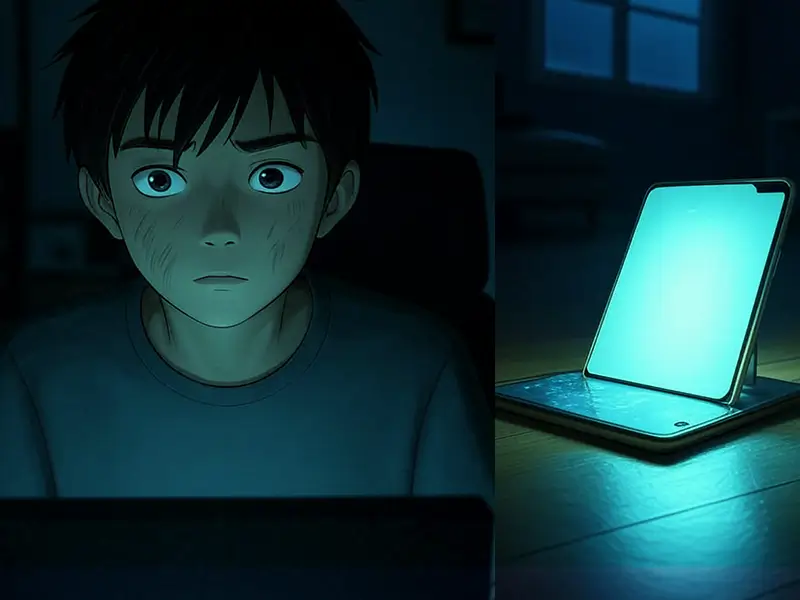Are You Addicted to the Internet? You Might Be—and Not Even Know It. Yes, internet addiction is real.
If you’re addicted to the internet, this article is for you.
And if you’re not addicted—this article is still for you.
A global survey reveals that the average person spends at least six and a half hours a day in front of a screen. For many of us, it’s more.
We now study with a screen.
We work on a screen.
We relax by scrolling a screen.
There’s no escaping it. And that’s not the issue.
The issue begins when you can’t stop, when the screen becomes a trap instead of a tool.
Some people forget to eat or drink. Others binge-watch mindlessly, scroll endlessly, or game relentlessly, all while knowing it’s hurting their careers, relationships, and health.
But they can’t stop.
That’s not just a bad habit. That’s addiction.
What Does Internet Addiction Look Like?
Here’s what it looks like in real life, two stories, reported by The Telegraph (UK), that show how deep the rabbit hole goes.
Case One: Harriet’s 11-Day Spiral
Harriet, 43, works in the hospitality industry—or at least she used to.
When stress hit, she turned to the screen for comfort. It started with a few hours of binge-watching shows and slowly spiraled. She couldn’t pull herself away. She began skipping work. Eventually, she lost her job and took a much lower-paying one just to survive.
The turning point? Harriet once watched YouTube for 11 days straight, doing nothing else.
She knew it was hurting her health. She felt her body shutting down. But she couldn’t stop.
What began as a harmless escape turned into a full-blown dependency.
Case Two: Toby’s Gaming Blackout
Toby is now an entrepreneur. Back then, he was a hardcore gamer.
We’re not talking about a few extra hours here and there. He used to game for 36 to 48 hours straight—no breaks, no food, no sleep. He even fainted in class once from exhaustion.
He tried to stop. But whenever he attempted to cut back, his limbs would ache. His mood would tank. The withdrawal symptoms were real.
Is This Rare?
Not at all.
There’s a support group called Internet and Technology Addicts Anonymous. They say addiction can show up in many forms:
- Endlessly scrolling social media
- Obsessively checking online shops
- Compulsively watching YouTube or porn
- Constantly refreshing news feeds
You don’t need to do all of these.
Just one—done obsessively and uncontrollably—is enough.
The real question isn’t what you’re doing online.
It’s can you stop if you wanted to?
How Bad Is It?
The World Health Organization hasn’t officially labeled Internet addiction a disease yet. But the writing is on the wall.
- In South Korea, 1 in 5 people is at risk of addiction.
- In the UK, 59% of people aged 16 to 24 say they feel lost without internet access.
- In China, there are actual rehab clinics for Internet addiction.
This is not a joke. It’s not even a niche problem anymore. It’s global and growing.
Why You Should Care (Even If You’re Not Addicted Yet)
Even if you think you’re safe, it pays to stay alert.
The line between useful and harmful isn’t always obvious. One day, it’s harmless scrolling. The next, it’s six hours gone and no memory of what you just watched.
Most addictions don’t begin with destruction. They begin with comfort. And that’s what makes them dangerous.
Last but not least
If you’re already struggling with this, let this article be your mirror. You’re not alone—and yes, it’s serious.
But if you’re not there yet, let this be your warning.
Track your time. Stay aware. Rein yourself in before the screen starts pulling the strings.
And if this article made you think—bookmark Wiz Fact.
We’re just getting started.
Smart, rebellious ideas are what we do here. Soon, we’ll launch our newsletter too—so these insights can fly straight to your inbox. No fluff. Just facts worth knowing.








